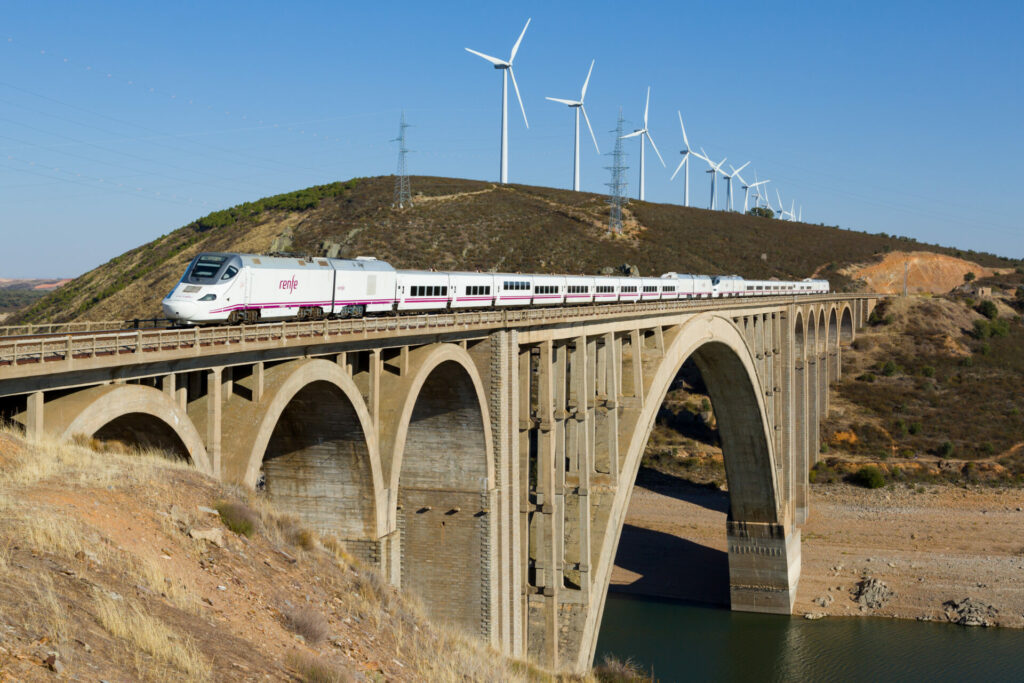The "Climate Ticket", a measure that promotes public transport, is increasing in popularity across Europe.
After already being adopted by several European countries, such as Austria and Germany, other countries such as Spain are preparing to implement the "climate ticket."
The concept varies from country to country but essentially, they all have the same idea: to encourage citizens to abandon their cars in favour of public transport.
At the end of 2021, Austria attracted international interest by announcing the launch of its "Klima Ticket."
For three euros per day or €24 per week, people holding this ticket have access to unlimited travel by using the entire transport network of the country, including mainline trains. The offer is for all residents who can subscribe to an annual subscription (€1095).
At the beginning of June 2022, Germany followed Austria's lead by offering a monthly ticket with unlimited travel for the price of nine euros. Again, the objective of this experiment, which ended on Wednesday 31 August, was to reduce the environmental impact of travel within the country.
According to figures from the German public transport association VDV, it would have saved 1.8 million tons of CO2. Several elected officials are also advocating for its extension. And they may well win their case, given the rise in fuel prices.
Free train tickets in Spain and Luxembourg
It is mainly to counter inflation and the impact on the purchasing power of its inhabitants that Spain has taken the decision to launch its own version. From 1 September until 31 December 2022, Spain will make certain tickets free, especially those for regional lines and suburban trains.
It is an offer that should benefit 75 million passengers, according to estimates by Renfe, Spain's national railway company. According to the Spanish newspaper El Pais, "the savings made during this period will be up to €370 per person in Madrid and 330 in Barcelona".
While the main focus is on inflation and the desire to give citizens a boost to relieve the strain on their wallets, this initiative also hopes to persuade citizens to take the train in favour of using cars.
"Neighbourhood entities and municipalities believe that the measure is much more appropriate than the state subsidy of 20 cents on fuel and that it will encourage people to abandon the car to promote a sustainable environment," says El Pais.
Related News
- Major rail reductions popular in Germany and Spain, no such plans for Belgium
- SNCB to scrap its ‘large family’ reduction
- 'Mostly symbolic': Mobility Minister looks to abolish VAT on public transport tickets
But the most emblematic example of the “climate ticket” comes from Luxembourg: in 2020, the country became the first in the world to make all its public transport networks completely free, with no limit on use; an offer that is aimed at Luxembourgers as well as workers living in border countries or foreign tourists.
Financed by the taxpayer, this measure aims above all to benefit people with low incomes, while encouraging sustainable mobility.

